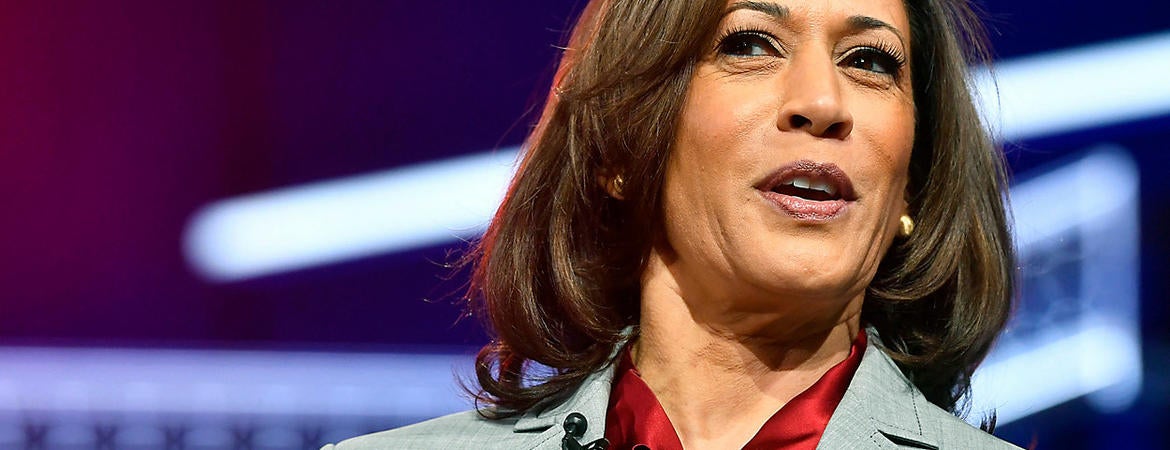Center for Social Innovation

Kamala Harris is making history. The daughter of immigrants from India and Jamaica is now the presumptive Democratic vice presidential nominee.
But in the end, Joe Biden’s decision was cautious, perhaps even obvious. He weighed numerous candidates for his number two spot, but only the Senator from California, it would seem, could be greeted with “of course it’s Harris” upon selection.
That is because ideologically, the pair are “simpatico,” to use Biden’s term. Their positions have evolved; they are at the pinnacle of their party through formidable political skills, calibration and alliance-building – not as much through adherence to any single set of principles.
Harris’ Indian heritage is also gaining notice – even as President Trump was reaching out to the same group.
“Most Indian Americans have tended to vote Democrat, and it’s likely that Biden would have won the Indian American vote,” Karthick Ramakrishnan, a professor of public policy at University of California, Riverside and founder of AAPI Data, which publishes research on Asian Americans and Pacific Islanders, wrote in an email.
“That said, Donald Trump had made several high-profile overtures towards the Indian American community, including the ‘Howdy Modi’ event in Houston and the subsequent presidential visit to India.” Trump also selected Americans of Indian descent to prominent positions, including former UN ambassador Nikki Haley.
“It wasn’t clear that these moves were changing the opinions of Indian American voters, who have tended to be the most Democratic voters among Asian Americans, and who tended to oppose President Trump’s policies on health care and immigration, and his rhetoric on race.”
The pandemic is upending how politics is done; Biden is also running a cautious campaign befitting his polling advantage. It could be that we see less of Harris than some would like. There is, however, still the debate: Harris is expected to meet Vice President Mike Pence on Oct. 7 in Salt Lake City.